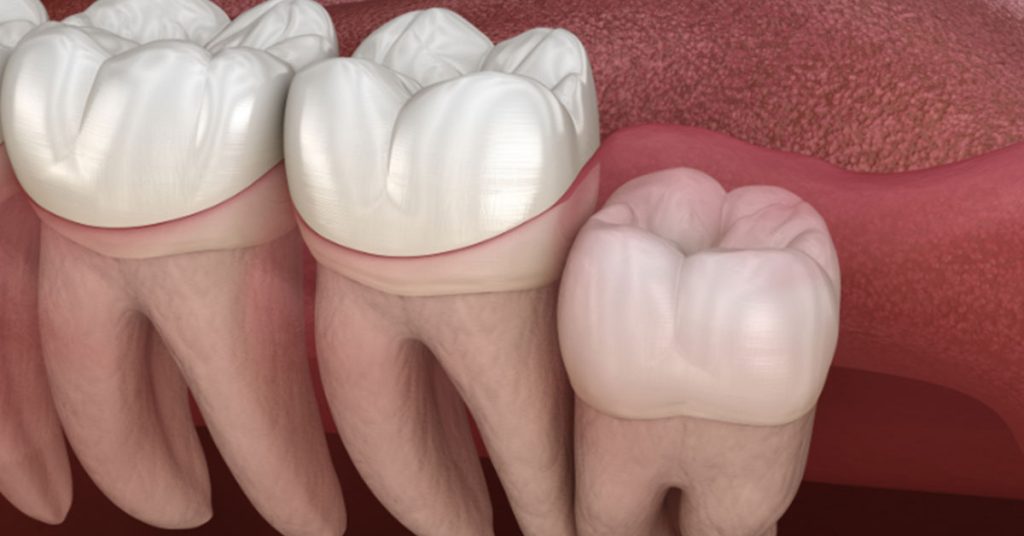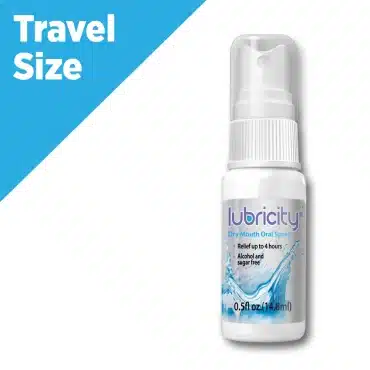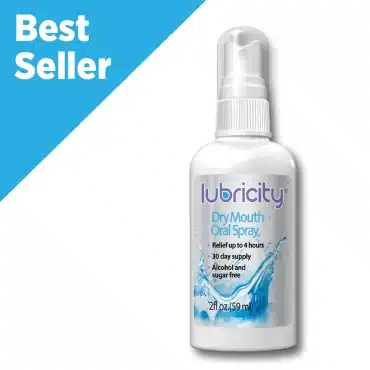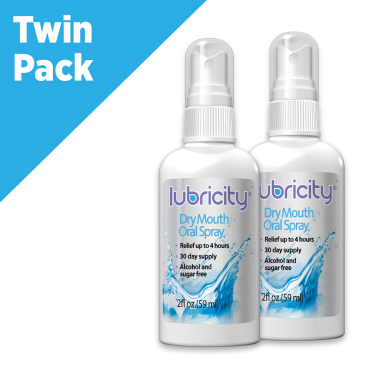Congratulations on conquering the realm of wisdom teeth removal! As you navigate through the aftermath, you may encounter a peculiar challenge: dry mouth. Yes, that’s right, dry mouth after wisdom teeth removal is a common occurrence that many brave souls like you have faced.
In this article, we will delve into the causes, and effects, and discover the key to alleviating this discomfort. So, gather ’round, and let’s explore the intriguing world of dry mouth after wisdom teeth removal, uncovering the mysteries that lie behind this temporary inconvenience.
Can Wisdom Teeth Cause Dry Mouth?
Wisdom teeth, also known as third molars, are the last set of teeth to erupt in the mouth, usually during the late teens or early twenties.
You might be wondering if those wisdom teeth of yours are to blame for your dry mouth. Well, the truth is that wisdom teeth themselves don’t directly cause dry mouth. However, the process of removing them can contribute to this uncomfortable condition.
Also read: Dry Mouth and Dentures
Why is My Mouth Dry After Wisdom Teeth Removal?
So, why exactly is your mouth feeling as dry as the Sahara desert after your wisdom teeth removal? Here are a few reasons:
- Anesthesia: During the procedure, anesthesia is used to keep you comfortable. But guess what? It can temporarily mess with your salivary glands, reducing saliva production and leaving you with a dry mouth.
- Swelling and Inflammation: When your wisdom teeth are removed, it’s natural for your mouth to swell up. Unfortunately, that swelling can affect your salivary glands, leading to less saliva production and, you guessed it, a dry mouth.
- Medications: After the surgery, you might have been prescribed pain medications and antibiotics. Well, some of these medications can have a side effect of causing dry mouth. Talk about adding insult to injury!
The Effects of Dry Mouth
A dry mouth isn’t just an inconvenience; it can annoy your oral health and overall well-being. Here’s what you might experience:
- Higher Risk of Cavities: Saliva is like a superhero for your mouth. It helps neutralize acids and fight off tooth decay. But with reduced saliva flow, you’re more susceptible to cavities and other dental issues.
- Speaking and Swallowing Trouble: Imagine trying to have a conversation while your mouth feels like a barren desert. It’s not easy, right? A dry mouth can make it challenging to speak clearly and comfortably, and it might even cause difficulties when swallowing food and drinks.
- Unpleasant Breath: Let’s face it, nobody wants to be the person with bad breath. Unfortunately, dry mouth can lead to persistent bad breath because saliva helps wash away bacteria and food particles. Without enough saliva, those odors stick around.
- Sore Throat and Dry Lips: Dry mouth can leave you with a scratchy, uncomfortable throat and parched, cracked lips. Ouch!
You may also like: Can Allergies Make Your Mouth Dry?
Remedies for Dry Mouth After Wisdom Teeth Removal
Now that we’ve covered the causes and effects, let’s talk about how you can find some much-needed relief for your dry mouth. Here are a few tips:
- Stay Hydrated: Sip on water throughout the day to keep your mouth moist. Hydration is key to compensate for reduced saliva production.
- Avoid Dryness Triggers: Alcohol, caffeine, and tobacco can make your mouth even drier. It’s best to steer clear of them while you’re dealing with a dry mouth.
- Saliva Stimulants: Chew sugar-free gum or try lozenges specifically designed to stimulate saliva production. They can provide some relief and make your mouth feel more comfortable.
- Moisturize Your Mouth: You can find over-the-counter products like lubricity dry mouth spray, which helps combat dryness and provides much-needed moisture to your mouth. It’s like giving your mouth a refreshing drink!
- Take Care of Your Oral Health: Don’t forget to keep up with your regular oral hygiene routine. Brush and floss your teeth regularly to prevent dental problems associated with dry mouth. Consider using fluoride toothpaste and mouthwash to strengthen your teeth.
- Talk to Your Dentist: If your dry mouth persists or becomes severe, don’t hesitate to reach out to your dentist. They can assess your situation and provide additional recommendations or prescribe medications to improve saliva flow.
A dry mouth after wisdom teeth removal is a common issue, but it doesn’t have to ruin your day. By following these tips and finding a suitable solution like lubricity dry mouth spray, you can alleviate the discomfort and get back to feeling like yourself again.
Since, it’s temporary, and with a bit of care and patience, you’ll be saying goodbye to dry mouth in no time. Stay hydrated and keeps that smile shining bright!
Lubricity is a Proud Supporter of the
What do customers say about Lubricity Dry Mouth Spray?











